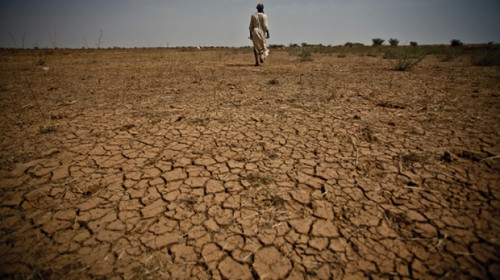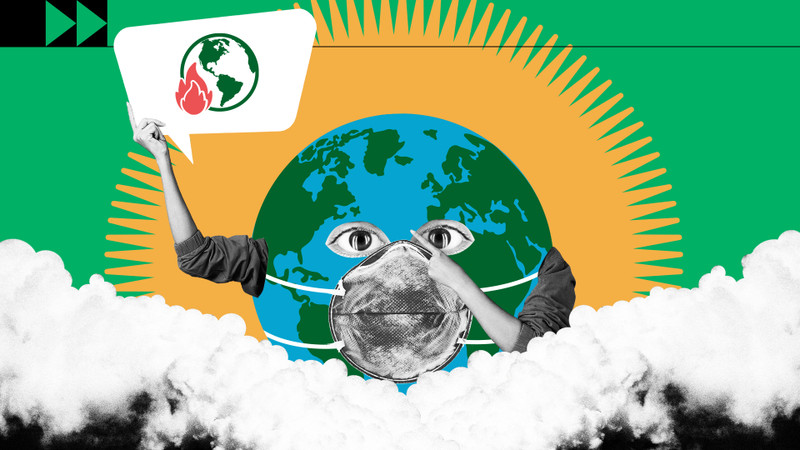In an interview with the press, COP28 President Al Jaber affirmed that it is time to make a fairer deal for the Global South, especially when it comes to climate finance.
He agreed with the introduction of more ambitious plans and programmes to fight global warming, but also emphasised that the world needs to be equipped and coupled and supported with real, pragmatic, actionable plans enabled by finance that is available, accessible and affordable.
He also urged the world to triple the amount of money available for clean tech investment, adaptation finance and energy transition in developing countries by 2030.
For many years, finance has always been an issue of concern and has also been a "bottleneck" in many climate negotiations at regional and global levels. Climate action can only be accelerated if countries have enough financial resources.
An expert from the World Bank (WB) said that climate is an important issue in African countries, but they don't want to have a trade-off where there is an agenda that will be climate versus development.
 |
| Arid soils in Mauritania are some of the effects of climate change. (Photo: Oxfam/Pablo Tosco) |
At least 600 million people in Africa lack access to electricity, with the inability to access affordable electricity being the most pressing problem facing many African countries right now.
Major progress was recorded at the COP27 in Egypt in November 2022, when the parties agreed to establish and operationalise a loss and damage fund, particularly for the nations most vulnerable to the climate crisis. This is a welcome move, showing that the issue of sharing the financial burden is increasingly becoming a high priority for countries.
COP28 President Al Jaber highlighted the need to strike a balance between passion and realism, in order to deliver a true, pragmatic, progressive, practical deal at COP28.
Although Africa accounts for only 2–3 percent of the world's carbon dioxide emissions, it has suffered from many of the impacts of climate change.
According to the European Investment Bank (EIB), 88% of African respondents believe that climate change is already affecting their everyday life. These losses are typically due to severe drought, rising sea levels or coastal erosion, or extreme weather events such as floods or hurricanes.
The issue of supporting Africa to improve its capacity to protect itself from the impacts of climate change has been highlighted in the agendas of international meetings. Experts estimate that the continent needs more than 100 billion USD a year by 2030 to reduce emissions and adapt to climate change.
According to the African Development Bank (AfDB), Africa's share in total global climate finance grew by only 3 percentage points on average during 2010-2019 period, from 23% to 26%.
Meanwhile, the cost of climate change is increasing day by day. A study found that nearly half the world's mountain glaciers are expected to disappear by the end of this century.
From southern Ethiopia to northern Kenya and Somalia, around 22 million people are at risk of hunger as the worst drought in four decades grips the Horn of Africa - a region vulnerable to extreme weather events.
Efforts to share the financial burden of climate change are becoming more difficult as countries are all facing a series of intertwined challenges, such as the prospects of precarious economic growth, conflicts, and pandemics. However, it is everyone’s responsibility to take action to fight climate change and urgently protect the Earth as well as the future of humanity.
















